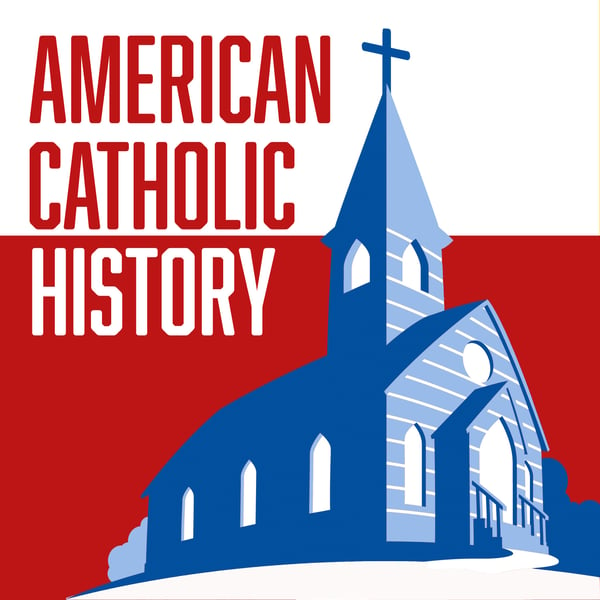Claude McKay: Poet, Author, Activist
American Catholic History
Noelle & Tom Crowe
5 • 724 Ratings
🗓️ 6 February 2025
⏱️ 24 minutes
🧾️ Download transcript
Summary
Transcript
Click on a timestamp to play from that location
| 0:00.0 | Hello and welcome to American Catholic History, brought to you by the support of listeners like you. |
| 0:11.0 | If you like this podcast and would like to support our work, please visit American Catholic |
| 0:16.0 | History.org slash support. I'm Noelle Heister Crowe. And I'm Tom Crow. Today we're talking about |
| 0:23.3 | Claude McKay, a poet and author, and one of the leading figures in the Harlem Renaissance. |
| 0:29.2 | McKay lived to be 58, and he was only Catholic for the final four years of his life, but his life |
| 0:35.2 | story has such a dramatic, there and back again arc. |
| 0:38.9 | Yeah, with gratitude to Tolkien for the phrase, it really does. |
| 0:42.4 | He begins with a practically idyllic childhood on a tropical island, then he has a |
| 0:46.9 | scandalizing experience, and the next many decades are filled with seeking a way to return |
| 0:51.7 | to the idyllic happiness and innocence of his youth. Through his life |
| 0:55.1 | as a writer, he would use the physical place of his youth as a stand-in for that peace and joy his |
| 1:00.1 | heart and mind sought. Right. He titled one of his earlier collections of short stories, |
| 1:05.5 | My Green Hills of Jamaica, after he'd been living in New York City for eight years. |
| 1:10.3 | And then, finally, as his own chapters are ending, he does find the answers he sought in the |
| 1:15.0 | most unlikely of places. |
| 1:17.1 | Since he was a poet and a writer of novels, it's rather fitting that his own story has such |
| 1:21.9 | epic qualities. |
| 1:23.1 | Well, the times he lived in help with that. |
| 1:25.3 | He was born in 1890. |
| 1:26.9 | He died in 1948. So he was 24 when |
| 1:30.2 | World War I broke out, 27 when the Bolsheviks took over Russia and launched the Soviet Union, |
| 1:36.0 | 39 when the Great Depression began, and 49 when Germany invaded Poland to spark World War II. |
... |
Please login to see the full transcript.
Disclaimer: The podcast and artwork embedded on this page are from Noelle & Tom Crowe, and are the property of its owner and not affiliated with or endorsed by Tapesearch.
Generated transcripts are the property of Noelle & Tom Crowe and are distributed freely under the Fair Use doctrine. Transcripts generated by Tapesearch are not guaranteed to be accurate.
Copyright © Tapesearch 2025.

